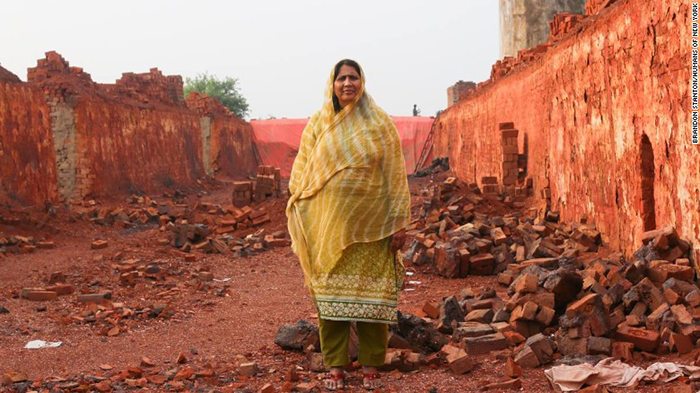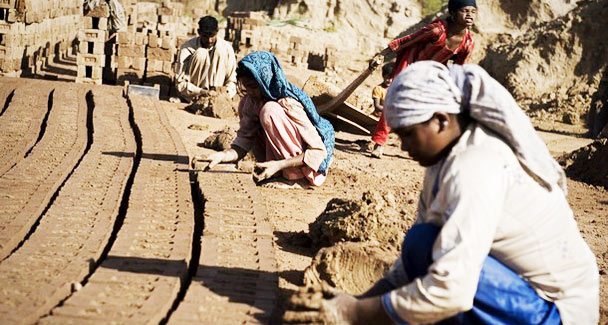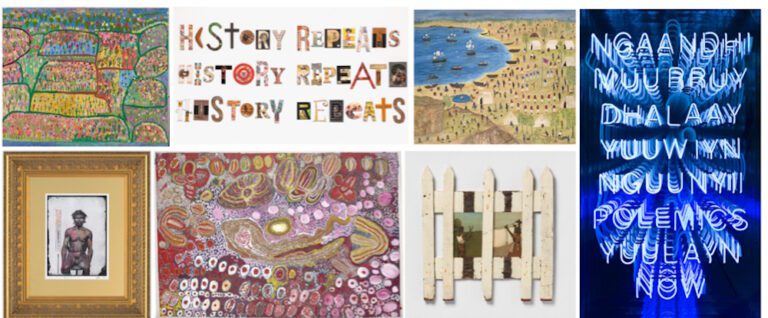When Humans of New York’s Brandon Stanton swapped the streets of New York for those of Pakistan he stumbled across a woman whose story had to be told. Like many others profiled on the popular website, Syeda Ghulam Fatima had a secret that needed to be shared with the world. Following an incredible response, Fatima and HONY have been able to enact change in a way that will affect Pakistanis locked in bonded labour, for generations to come.
A form of modern day slavery, the brick kiln workers of Pakistan’s rural areas are locked into a contract that extends through generations and offers no option of escape.
In rural areas where work is scarce and impoverished citizens have little choice, men and women are forced to take loans from the tyrannous brick kiln owners. In order to pay back their loans, the men, women and children are forced into manual labour, toiling in the kilns day in and day out to pay back their astronomical debts. When their labour has finished and their time is up, the workers are surprised to discover that the kiln owners have added exorbitant interest rates and their cycle of debt has begun once again.
“Over 20,000 brick kilns operate in Pakistan, supported by millions of workers, and the system is largely underpinned by an extremely close cousin of slavery—bonded labor,” Stanton wrote on Instagram.
“If the labourer dies, the debt is passed on to his or her children. The practice is illegal. But due to the extreme power and wealth of brick kiln owners, the law is often unenforced in rural areas,” he said.
When Stanton introduced the world to Fatima, he also introduced the world to a woman who was standing up to the kiln owners and the abhorrent practice of modern day slavery.
The leader of the Bonded Labour Liberation Front, has been working tirelessly to combat the brutal system that she describes as the “slavery over Pakistan by the feudal lords owner and their middlemen, a true picture of laws of the jungle.”
“She has been shot, electrocuted, and beaten numerous times for her activism,” he wrote. “Quite literally, she places herself between the workers and their owners.” said Stanton.
After exhausting her financial resources to the point where she was unable to pay her own medical bills, Fatima had all but lost hope. Until, Stanton set up an Indiegogo account inspiring thousands to assist her fight and help end bonded slavery in Pakistan, once and for all.
In an astounding show of generosity, Fatima’s campaign has raised nearly $2 million in just 72 hours. People from 133 countries have joined her in the fight to eradicate the shackles that bound these poor men and women to generations of slavery.
The funds, which in the Pakistani currency equate to about 5 times that amount, will go towards providing protection and legal counsel for bonded labourers who “have nowhere else to turn.”
“This is an absolute transformational amount of money,” said Stanton.
“From BLLF and from all of the bonded labourers, thank you. Thank you to everyone who has opened their hearts and donated to our cause. I struggle to find the words, I don’t think I have the words to tell you how grateful we are,” said Fatima in a statement on the HONY account.
“You have donated for freedom, for rehabilitation and we are indebted. Thank you so much. The prayers of every labourer are with you and they will always hold you in their hearts. Our responsibility now is to honour what you have trusted us with, and we will. We have a lot of work ahead of us, but we want to build a real freedom centre in Lahore, here we can work on not just releasing families but rehabilitation. We want workers to be treated with the rights they deserve as citizens.
Stanton has created a way for Fatima to reach an international platform that will hopefully create a groundbreaking pathway to ending bonded slavery and provide hope for the Pakistanis who have lost what it feels like to be free.
“This is a big step for labourers that this has received so much attention, and that their voices have reached a global stage and we are being heard. With this we hope to end bonded labour in Pakistan.”







